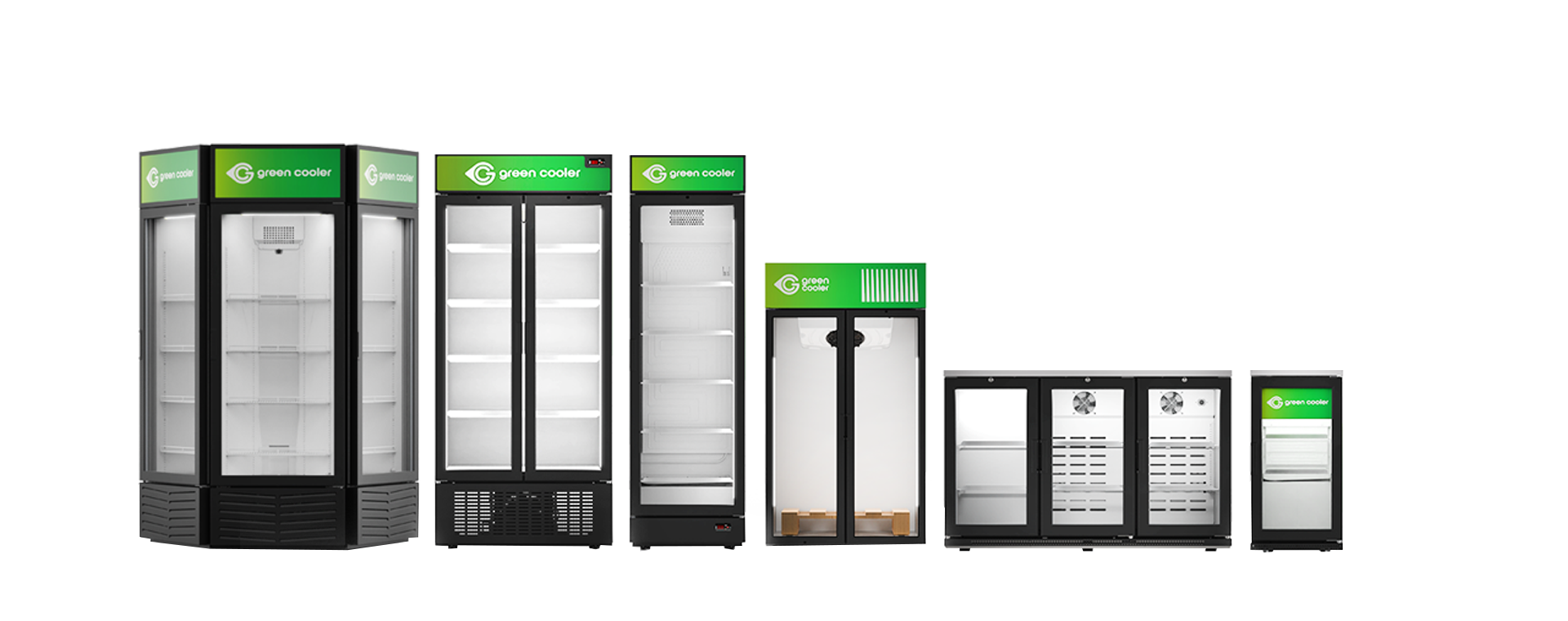Restaurants, supermarkets, and other companies that use and store food and beverages use and prefer business-related refrigeration. On the other hand, residential refrigeration is the type of refrigeration system used in houses, and it is an irreplaceable part of a residential kitchen. Both have the same task of storing food, beverages, etc., but there is a difference between commercial vs residential refrigeration.
Business-related refrigeration includes any type of freezer used frequently by businesses. While commercial vs residential refrigeration systems do the same thing, there are some significant distinctions in how they accomplish their tasks and many other aspects. These differences create the sole reason for the commercial vs residential refrigeration comparison, and there are many differences between these two refrigeration systems.
Commercial vs Residential Refrigeration Comparison: Differences
Regarding cooling systems, the choice between commercial vs residential refrigeration units is influenced by several key factors. Each category is designed to meet specific needs, from the scale of operation to energy efficiency and customization options. Understanding the differences between these two types of refrigeration is essential for homeowners, business owners, and professionals in the food service industry. This comparison aims to shed light on the distinct features such as:
- Electrical Equipment
- Maintenance
- Size
- Exterior
1. Electrical Equipment
The electrical difference is one of the most important aspects of comparing commercial vs residential refrigeration. By electrical, the refrigeration systems’ technical and mechanical aspects of individual refrigerators, freezers, and coolers tend to be equipped with multiple temperature sensors and alarms and stronger compressors and insulations compared to residential refrigeration systems. The stronger compressors and insulations allow the commercial freezer to cool the products inside and keep them cool. On the other hand, residential refrigeration systems are equipped with compressors and insulation that are not as strong but still enough to keep the food in it cool. This also makes a huge difference when comparing commercial vs residential refrigeration.
2. Maintenance
The other detail to focus on when comparing commercial vs residential refrigeration is the difference in maintenance. Since business-related ones require more sophisticated maintenance and service to ensure they continue functioning properly, they tend to get that special maintenance and check frequently. Since their professionals must perform this work, it might be more expensive than that of a residential refrigeration technician. A durable device should also be chosen to decrease costs. Manufacturers like Greencooler provide their customers with long-lasting and durable refrigeration systems to reduce the additional costs and make their investment worth it.
3. Size
Another important detail to note when comparing commercial vs residential refrigeration systems is the size difference between these two refrigeration systems. To meet the needs of bussiness kitchens, they are designed with greater storage capacities and inner shelves made of commercial-grade materials that are easy to clean and bacteria-resistant. This enables kitchen employees to keep up with inventory movement while ensuring food safety. Business-related ones are significantly more efficient, safe, and durable for restaurants, retailers, cafés, and food service companies thanks to larger storage and improved cooling ability.
Business-related refrigerators are substantially larger than their smaller, family-friendly residential equivalents, ideal for kitchens. These refrigerators are made to carry significantly more food than restaurants and food service establishments need to offer and serve to clients. Many businesses require lots of storage for refrigerators, and to meet this need, freezers must be produced. As a result, there will be enough storage.
4. Exterior
The last important detail in comparing commercial vs residential refrigeration systems is their exterior look and toughness. The exteriors are often stainless steel or scratch-resistant and polished glass, which are meant to withstand increased wear and tear and resist corrosion while complementing a store or kitchen’s clean, modern aesthetic. Residential appliances also come in stainless steel, making it easy to clean and match other appliances that are in the kitchen. Many of the residential refrigeration systems need to be designed to meet the aesthetic of the rest of the kitchen. Still, since most of the appliances are made of steel-look and any other type of aesthetic exterior would not be provided by the manufacturers, this becomes another big difference between these two refrigeration systems.
Residential refrigeration systems tend to have fragile exteriors, while business-related refrigeration systems have tougher exteriors. This makes them more durable than residential refrigeration. Manufacturers can add durability to a device at the buyer’s request. Manufacturers like Greencooler provide the service of making additions such as waterproof protection for solutions.
The Similarities Between Commercial vs Residential Refrigeration
Understanding the key similarities between commercial vs. residential refrigeration systems is essential for selecting the right type for specific needs. Both are designed to fulfill the basic function of cooling and preserving food. They operate on the same fundamental refrigeration cycle at their core, utilizing a compressor, condenser, expansion valve, and evaporator to transfer heat from the interior compartment.
Energy efficiency is another area where both systems have seen significant advancements, with manufacturers in both sectors striving to reduce electricity consumption and environmental impact. Additionally, modern refrigerators often feature similar technologies, such as digital temperature controls and frost-free operation, enhancing user convenience and food safety. Despite these similarities, the choice between commercial vs residential refrigeration depends on the scale of storage needs, durability requirements, and budget constraints.
You can read our previous article from https://greencooler.international/industrial-kitchen-supplies-and-features/

